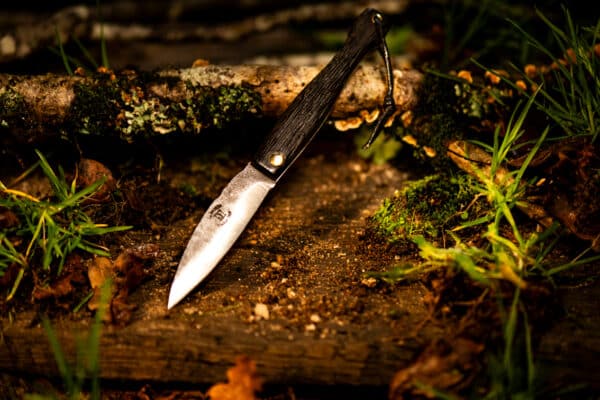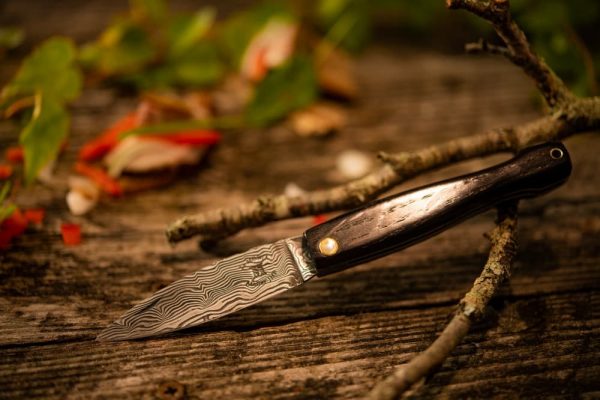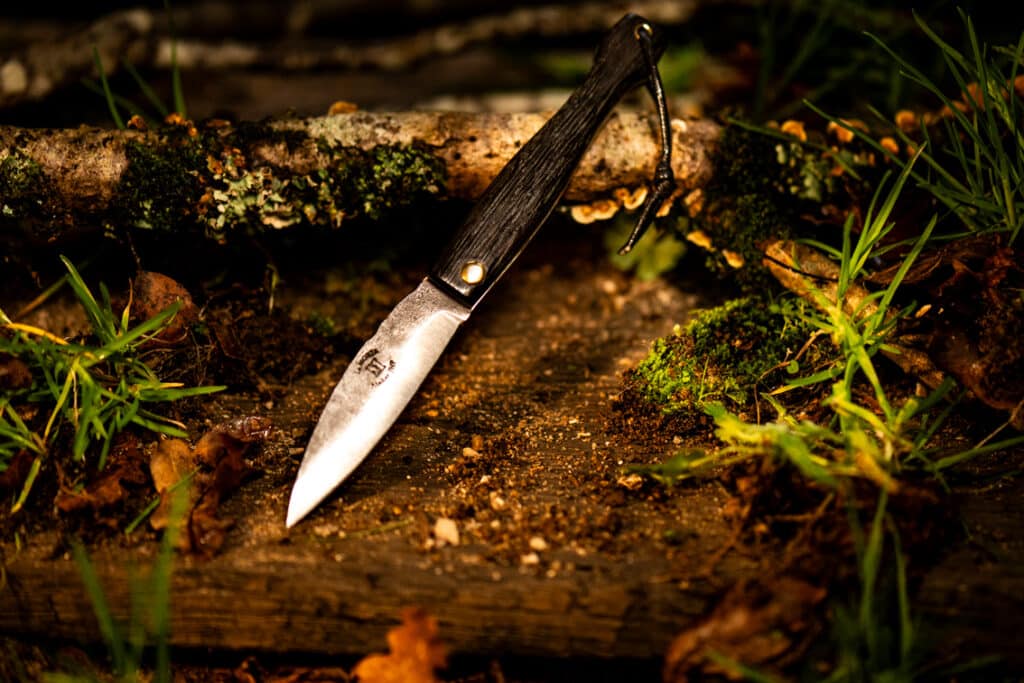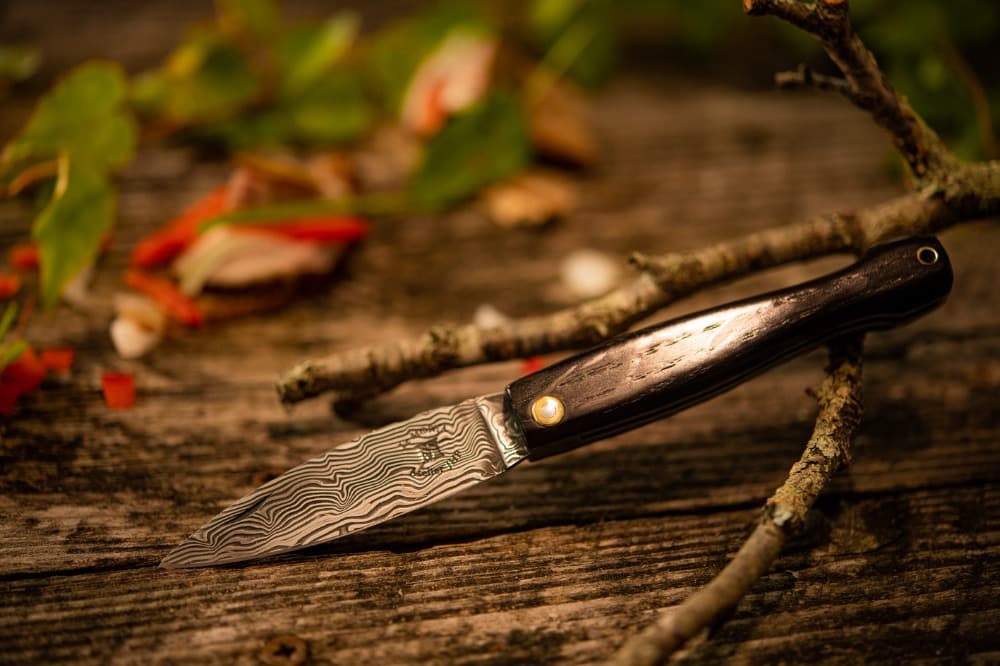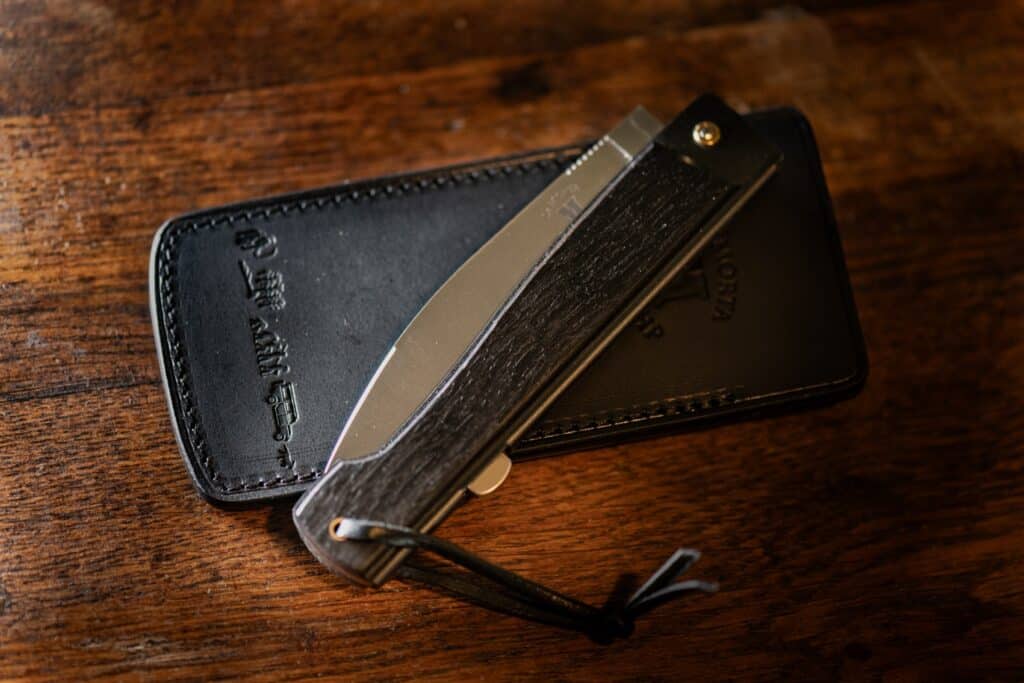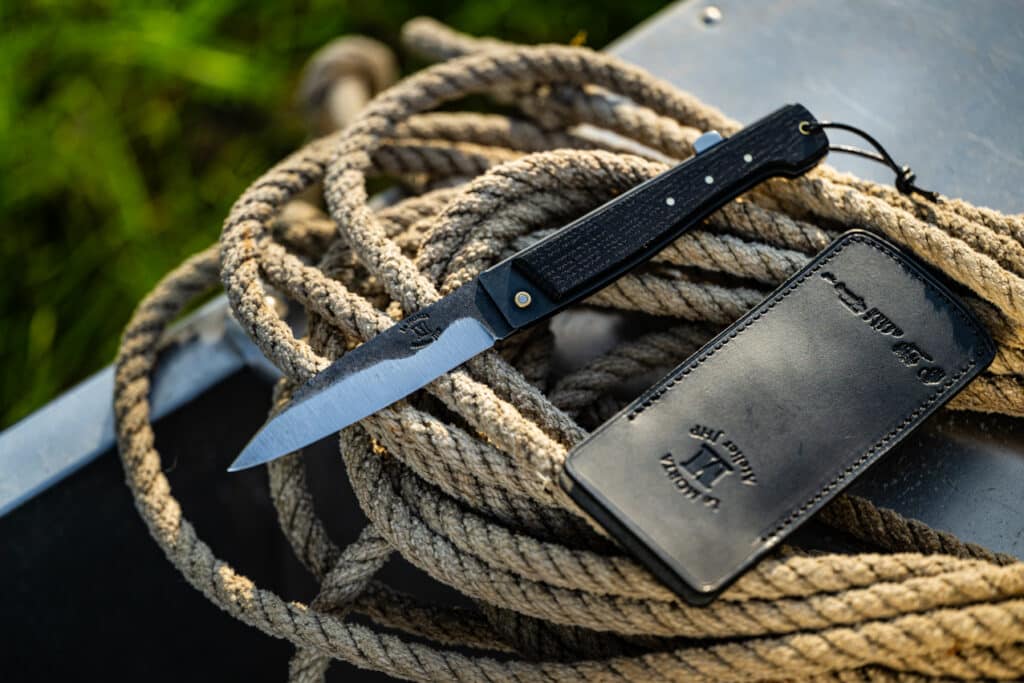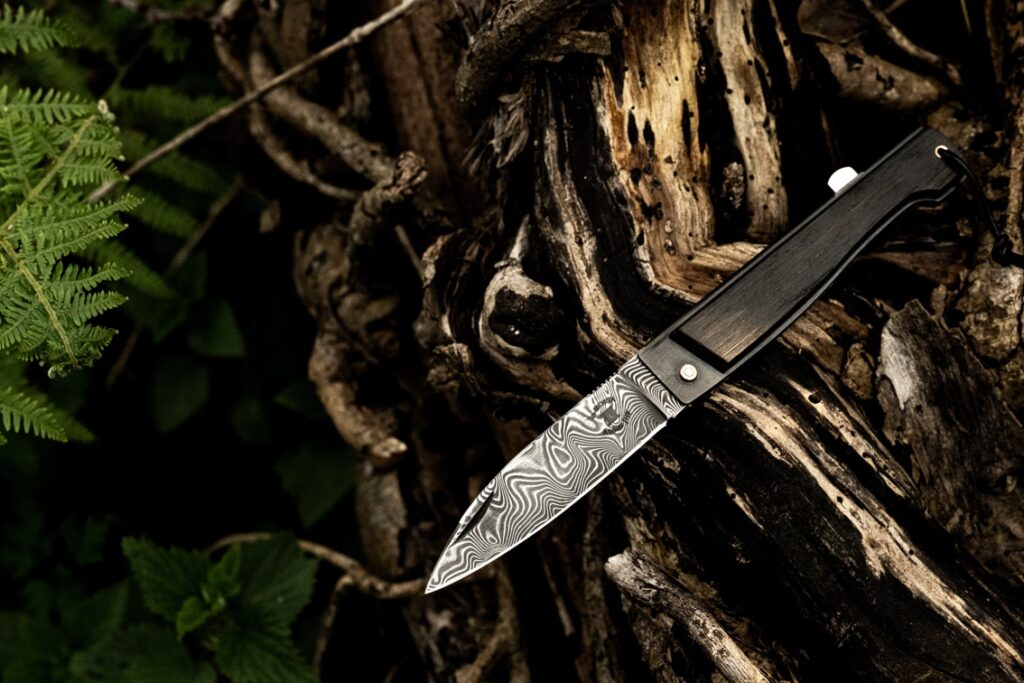Illinois knife laws have evolved over time, reflecting the state’s commitment to balancing public safety with individual rights. In recent years, changes in legislation have aimed to clarify what types of knives are permitted, where they can be carried, and the penalties for non-compliance. This article will provide an overview of the current Illinois knife laws, focusing on restricted knives, blade length regulations, and the implications of carrying knives in various public and private spaces. Whether you’re a seasoned collector or someone who carries a pocket knife for practical purposes, staying informed about these laws is essential.
What types of knives are restricted in Illinois?
In Illinois, not all knives are treated equally under the law. The state has specific restrictions on certain types of knives, based on their mechanism and potential use as dangerous weapons.
Here’s a closer look at some of the restricted knives:
Switchblade knives and automatic knives
Switchblade knives, also known as automatic knives, are defined by Illinois law as knives that open automatically by hand pressure applied to a button or other device in the handle.
These knives are considered illegal to own and carry unless the individual possesses a valid Firearm Owner’s Identification (FOID) card.
The possession of these knives is heavily regulated due to their potential misuse.
Ballistic knives
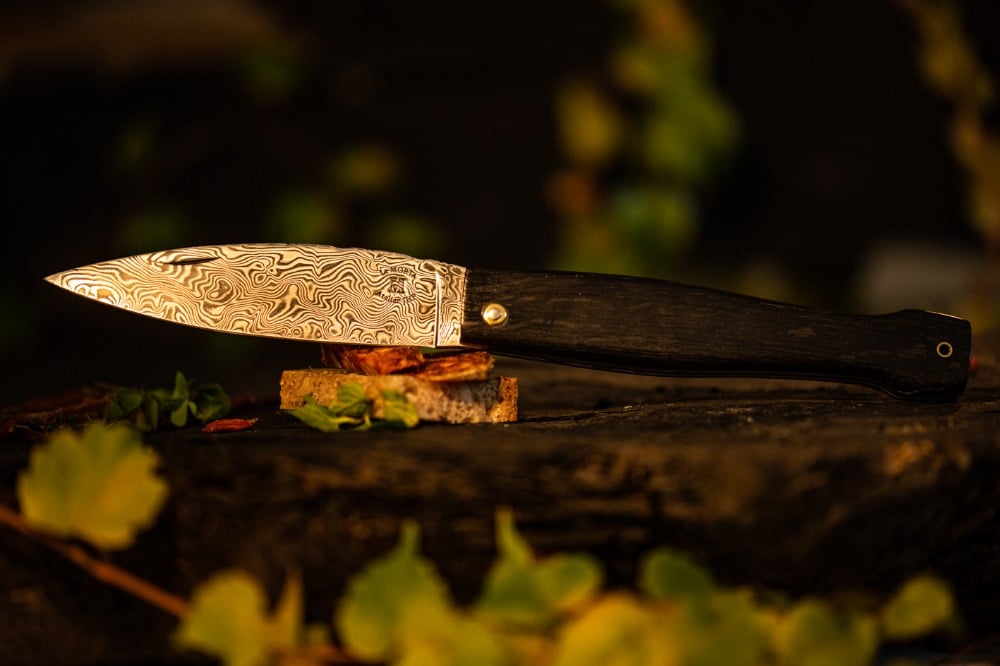
Ballistic knives, which can propel a blade by a spring-operated mechanism, are prohibited in Illinois.
These knives are seen as particularly dangerous due to their ability to launch the blade as a projectile.
Knives with blades longer than 3 inches
While owning knives with blades longer than 3 inches is generally legal, carrying them in public can lead to issues.
The law considers the context and intent behind carrying such knives.
Do you know about Michigan’s knife law?
How does knife length affect legality in Illinois?
How does knife length affect legality in Illinois?
Knives with blades that are 3 inches or longer are subject to stricter regulations. These restrictions are in place because longer blades are perceived as more dangerous weapons.
In public places, carrying a knife with a blade length exceeding 3 inches can be considered a misdemeanor or even a felony, depending on the circumstances.
Context of carrying
The law enforcement officers will consider where and why a knife is being carried.
For example, carrying a knife with a blade longer than 3 inches in a school, courthouse, or other restricted locations can result in a Class A misdemeanor.
In some cases, if the knife is carried with unlawful intent, the penalties can be more severe.
Concealed Carry vs. Open Carry
Concealed carry of knives is another critical factor. Illinois law distinguishes between knives carried openly and those concealed on a person.
Concealing a knife with a blade longer than 3 inches without proper justification can lead to legal issues.
Open carry, while more visible, must still comply with location-based restrictions.
-

Mini solid Morta
120,00 € This product has multiple variants. The options may be chosen on the product page -

Mini solid morta as forged
210,00 € This product has multiple variants. The options may be chosen on the product page -

Mini Solid Morta Damascus
340,00 € This product has multiple variants. The options may be chosen on the product page
What are the penalties for violating knife laws in Illinois?
Violating knife laws in Illinois can lead to significant legal consequences. The penalties vary based on the type of violation and the knife involved:
Class A misdemeanor
Possessing or carrying a restricted knife, such as a switchblade or a knife with a blade longer than 3 inches, in a prohibited area can result in a Class A misdemeanor.
This can carry a penalty of up to 364 days in jail and a fine of up to $2,500.
Additionally, the court may impose probation, conditional discharge, or supervision instead of jail time. Probation can last up to two years and may include conditions such as community service or restitution to any victims.
Supervision is not considered a conviction and typically does not involve jail time if the defendant complies with all conditions set by the court.
If successfully completed, the charges may be dismissed, but the arrest record will remain unless expunged through a separate process.
Felony charges
In more severe cases, such as carrying a knife with unlawful intent or violating multiple knife laws, individuals can face felony charges.
Felony convictions can lead to longer imprisonment terms and higher fines.
Enforcement and legal support
Enforcement of these laws is carried out by local law enforcement officers who interpret the specifics of the regulations. It’s crucial to understand these laws to avoid violations.
If you find yourself unsure about the legality of your knife or your carrying practices, contacting an attorney or local law enforcement for legal advice is recommended.
Do you know about Colorado’s knife law?
What are the concealed carry rules?
Illinois knife laws specify strict regulations for the concealed carry of certain types of knives.
For instance, automatic knives, also known as switchblades, can only be carried by individuals with a valid Firearm Owner’s Identification (FOID) card.
These knives, which open automatically by hand pressure applied to a button, are considered dangerous weapons, and carrying them without proper authorization lead to severe penalties.
Other types of knives, such as daggers, knives with a blade longer than 3 inches, and ballistic knives, are also restricted. Possessing and carrying these knives without the necessary permissions is a violation of Illinois law.
How to avoid violations?
To avoid violating Illinois knife laws, it is essential to understand and strictly adhere to the restrictions in place. Here are some practical tips:
- Obtain necessary permits: If you own an automatic knife or another restricted type of knife, ensure you have a valid FOID card.
- Respect location restrictions: Avoid carrying knives in restricted areas such as schools, courthouses, and public buildings.
- Stay informed: Laws can change. Keep yourself updated on Illinois knife laws by consulting reliable sources and seeking legal advice when necessary.
Conclusion
Understanding and complying with Illinois knife laws is crucial to avoid serious legal consequences. Restrictions on the types of knives, concealed carry rules, and location-based limitations are all important factors to consider to remain compliant with the law. If you have any questions or uncertainties, do not hesitate to contact a legal expert or law enforcement officer for precise and tailored advice.
Sources :
Key article questions
What types of knives are restricted?
In Illinois, law enforcement stipulates that switchblades and automatic knives, which open by hand pressure applied to a button or other device in the handle, are illegal unless one possesses a valid Firearm Owner’s Identification (FOID) card.
Additionally, ballistic knives, which can propel a blade from the handle by a spring-operated mechanism, are also prohibited throughout the state.
How does knife length impact compliance with Illinois knife laws?
Knives with blades measuring 3 inches or more are subject to stricter regulations in Illinois.
Carrying these knives in public without a valid reason is punishable, especially if they are carried in regulated places such as schools or courthouses.
What are the legal consequences for a violation of Illinois knife laws?
Violations of knife laws can be severe. For instance, carrying a switchblade without a FOID card or a knife with a blade longer than 3 inches in a prohibited area can lead to a Class A misdemeanor, which could result in up to 1 year in jail and a fine of up to $2,500.
In cases involving unlawful intent, the charges could escalate to a felony.
Are there different rules for concealing or openly carrying knives in Illinois?
Yes, the state distinguishes between concealed and open carry of knives. Concealing a knife longer than three inches without proper justification can lead to legal repercussions.
Open carry is permissible under certain conditions but must comply with specific location-restricted regulations.
How can individuals legally own and carry knives in Illinois?
To legally own and carry knives within the legal restrictions, individuals must ensure they do not possess prohibited types such as switchblades or ballistic knives unless specifically allowed (e.g., with a FOID card). It’s legal to own and carry knives with blades shorter than 3 inches without specific permits.
However, always consider the purpose and context of carrying the knife, as intent plays a significant role in legality.
What should I do if I need help understanding whether my knife is legal in Illinois?
If you are unsure about the legality of your knife or your knife carry practices, it’s recommended to seek legal information from qualified professionals or contact local law enforcement for guidance.
Staying informed about knife laws in Illinois and any updates to enforcement and legislation is crucial to avoiding violations.




